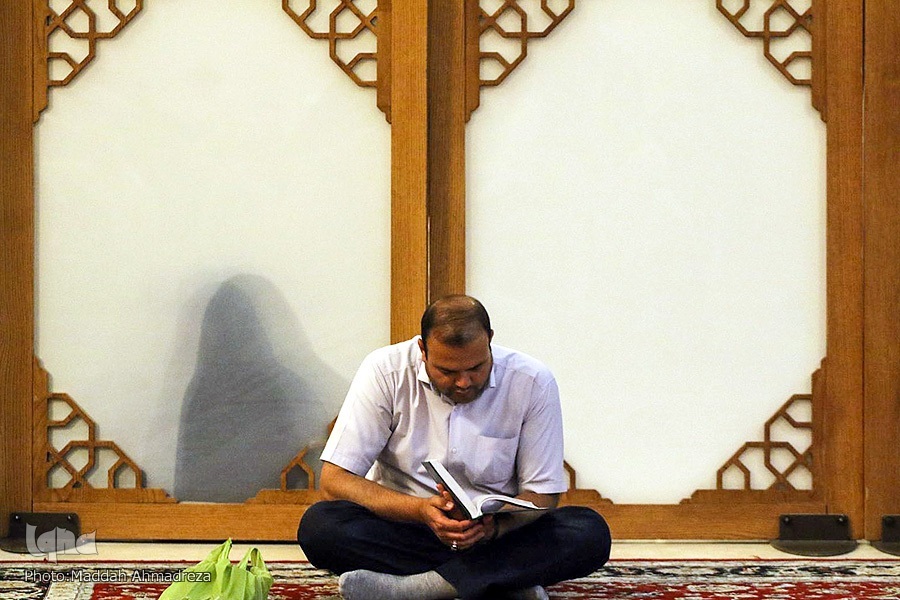Three Responsibilities of Muslims towards Quran

The Holy Quran is not words of human beings but word by word has come down from God Almighty. The way words and sentences are arranged is God’s revelation. Even the sequence of Surahs has been determined by Him.
Every Muslim has three responsibilities towards the Quran. If done, the Quran will enter our lives and heal our pains because it is what our soul needs.
Verse 57 of Surah Yunus reads: “People, an admonition has now come to you from your Lord, and a healing for what is in the chests, a guide and a mercy to believers.”
The first responsibility is to learn the Quran. The Holy Prophet (PBUH) said the best among people are those who learn the Quran and teach it to others. Imam Sadiq (AS) also noted that every believer should learn the Quran before their death.
The second responsibility is to recite the Quran after learning it. The Holy Prophet once described Quran recitation as the most virtuous act of worship.
“The Quran is the trust of Allah (given) to His creations, therefore it is desirable for every Muslim to look at this trust and to recite (a minimum of) 50 ayat (verses) of the Qur’an everyday,” said Imam Sadiq (AS). (Usulul Kafi, Volume 2, Page 609)
According to narratives, Imam Reza (AS) used to complete recitation of the whole Quran every three days.
According to Imam Sadiq (AS), three groups will protest people on the Day of Judgment; mosques that had no worshippers, scholars whom people would not visit and ask religious questions from, and copies of the Quran which had been abandoned.
The third and most important responsibility is to implement its guidelines. Learning the Quran and reciting it are introductory measures to implement its teachings. If we say “You (alone) we worship; and You (alone) we rely for help,” we should worship only Allah and ask His help.



